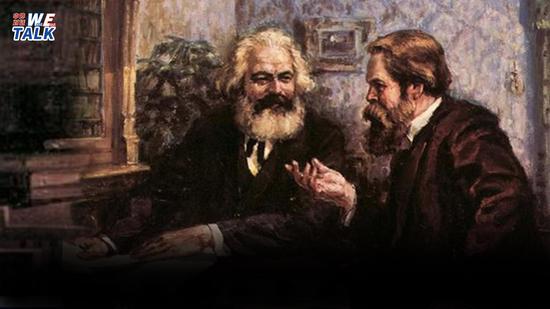
(ECNS) This year, the day May 5 marks the 205th anniversary of Karl Marx's birth. Why do we still commemorate Marx in 21st century? How do we understand the "Chinese characteristics" in Chinese Marxist thoughts? Why do some people say that China has a brighter prospect than the West in dealing with climate change, income inequality, and other problems that face the world as a whole?
In the lasted W.E. Talk, David McLellan, author of Karl Marx: A Biography, fellow of Goldsmiths College, University of London and Wang Zhen, Chinese translator of the book and professor at the Academy of Chinese Culture were invited for a discussion.
Here are the excerpts of the dialogue.
"Best way in which we can look on the world"
CNS: Prof. McLellan, how would you evaluate Marxism in the history of human thought?
McLellan: I do think that Marxism is certainly in many ways, the best way in which in contemporary society we can look on the world. I think that Marxism is extremely successful in looking at how to cope with immediate practical questions about what to do about climate change, what to do about inequality, what to do about corruption and what to do about all these things. So I think in many respects, Marxism is the best system of thought that humanity has yet invented.
CNS: The year 2023 marks the 205th anniversary of the birth of Karl Marx. After more than 200 years, we are still commemorating this great thinker. What do you think are the reasons?
McLellan: I think maybe there are two reasons. One reason is that Marx was an intellectual genius like Plato or Confucius. We celebrate their anniversary, certainly. But the second reason is that in one way or another, Marx or rather his disciples have been very successful in changing the world, because they have been Marxists and have been in charge of very large and important countries. Marxism and his system of thought started by Marx have been extremely influential in the world over the last a hundred plus years.
Wang Zhen: Marxism is a broad and profound subject. If we have to summarize it in one sentence, it is that it aims at emancipating the humanity with scientific means, methods and approaches. In this sense, Marx has, for the first time, scientifically unveiled the laws governing the development of human society, created the ideological system that would guide the mankind to emancipate themselves, and revealed the essence of social life. He and his thoughts have aroused the masses into actions that transform the subjective and objective worlds.
But the Marxist theories and thoughts are not enclosed, dogmatic, or ultimate. They are open, which makes them dynamic and vigorous.
"China's socialist construction has entered a brand-new situation"
Wang Zhen: Do you think it is possible to develop socialism in an economically underdeveloped country?
McLellan: I think the answer to that is yes. I do think it's possible to build up socialism.I think you have probably quite a good example of that in Cuba. I mean Cuba became a socialist country and it expanded its health and education services to the extent that they are actually better.
In 1949, just after the founding of the People's Republic of China (PRC), it is precisely that of building socialism in an underdeveloped country, in a country where the majority of the population were farmers of one sort or another, and that constitutes a kind of underdevelopment. The efforts of generations of Chinese communists laid the foundations for socialism in terms of a decent basic health service, a decent education service and literally for everybody and peace. This is the important thing which people in the West totally disregard. Now, with the rise of the development of the productive forces in China, China is faced with a different set of circumstances in which to build socialism.
CNS: What do you think of the 20th National Congress of the CPC and the characteristics of the CPC?
McLellan: The Communist Party of China is in a very good position in some ways for dealing with the problems that face the world as a whole. One is inequality. As far as I can see, it's a growing problem elsewhere and inequality brings chaos in the long term, chaos or disturbance in one sort or another.
The other evident one is climate change and climate crisis. And the third one may be corruption which exists everywhere and to some extent, in China it has been dealt with. So in that respect, I think that China is really quite well-placed.
CNS: Which do you think are the major issues concerning Marxism in the 21st century, Prof. McLellan?
McLellan: It depends on what you mean by Marxism here. If you're thinking about Marxist theory, then I think the important issue now is, it is to uncover what is really going on in the world - to its relationship, to its investigation of economic relations worldwide, and discover issues of imperialism, exploitation and so forth in a geopolitical way, such that they bring about a world which is a better place.
I do think that the People's Republic of China is in a good position to do that second thing, that is to be a broker for peace, harmony, and a better world. It's in a better position than most other countries are. There’s no question about it.
"China has a brighter future than the West to solve problems that face the whole world"
CNS: How do you view China's modernization, Prof. McLellan?
McLellan: It seems to me that China is probably in a better position to deal with modernity and development than most countries in the West. That is because modernity and development in most countries in the West have involved a breakdown of society and a kind of polarization and atomization of individuals where the sense of community is being increasingly lost. I think you can see that certainly in my country and even more in the United States, which is terribly polarized between people who have quite different points of view, don't share the same universe and don't share the same kind of community. Now, it seems to me that China wins partly because of its cultural heritage in Confucianism, to some extent, Buddhism and all this sort of ethical systems which have formed China over thousands of years, that this is a tradition, which obviously like all powerful traditions still exists in China.
And also, the Communist Party of China seeks a sort of harmony in society to get people to work together. That’s the Asian essence of a kind of socialism or communism. After all, it's that kind of community that gets people together. But that's kind of both the tradition of Chinese culture and also the tradition, if you like, or socialism or communism, is the disposal of China to combat the kind of atomization, the kind of polarization, the kind of hostility between groups, the kind of breakdown in society, which you are to some extent, seeing in certain Western countries.
The prospects, I think for coping with some of the problems which we've been talking about, climate change, AI, the ambivalence of modernization and development, it is much more promising when politics is in control and is not determined by economics.
And I would just like Marxist scholars in China to join the Marxist scholars in the West along this path of elucidating the current nature of economic relations in the world and the ways of making them better.








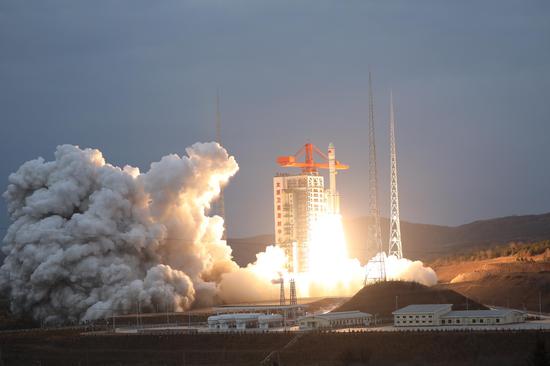

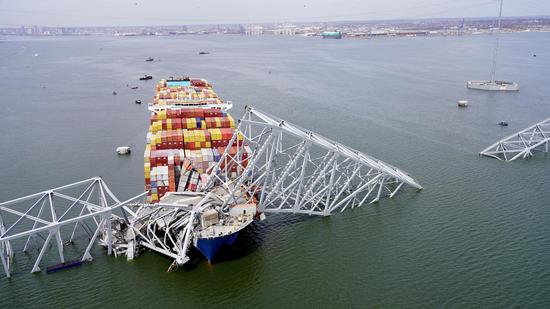
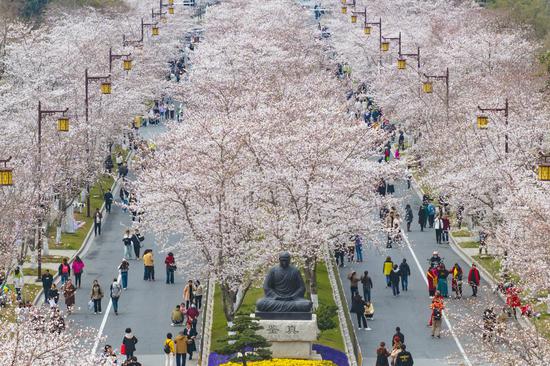

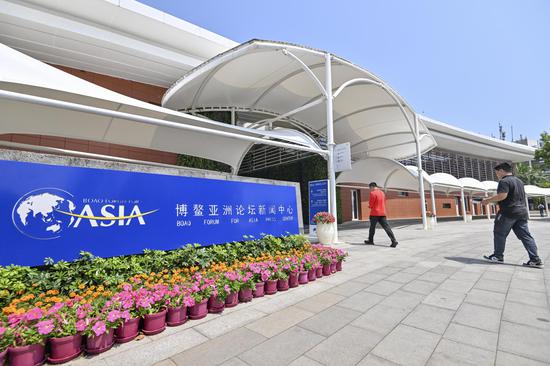
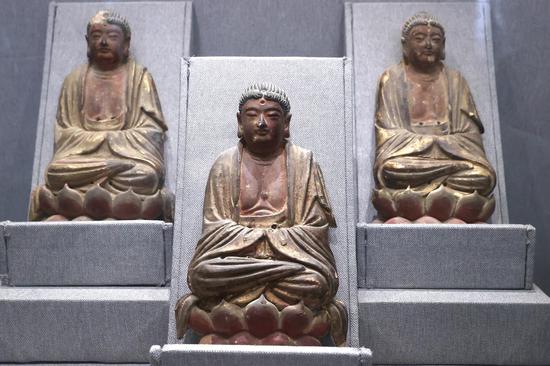

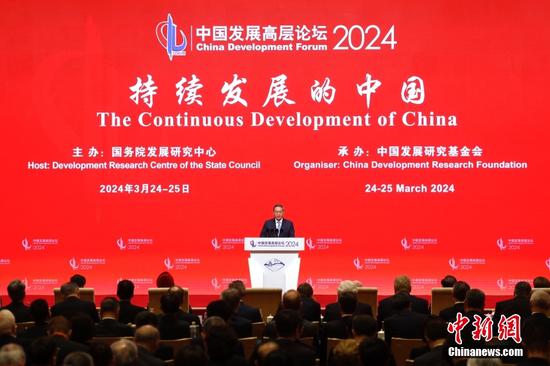




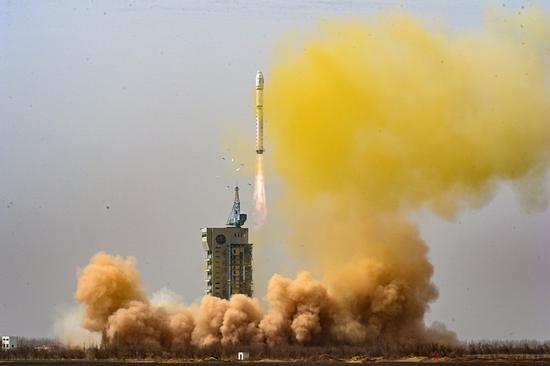
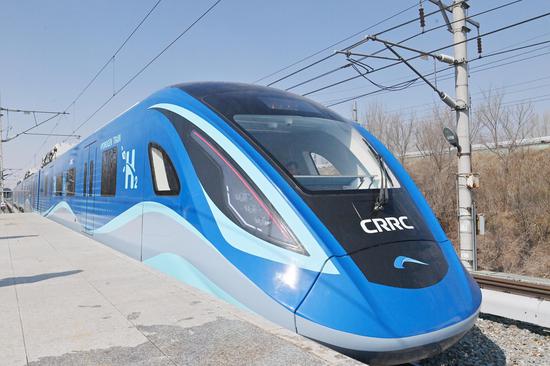
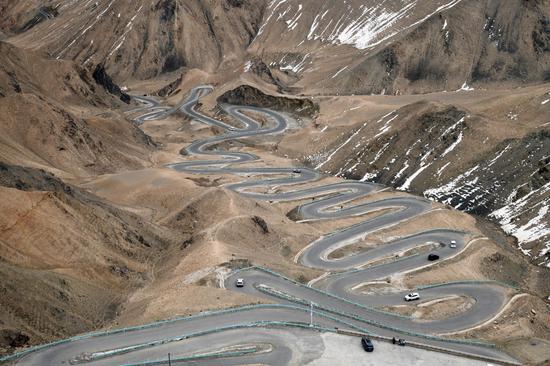

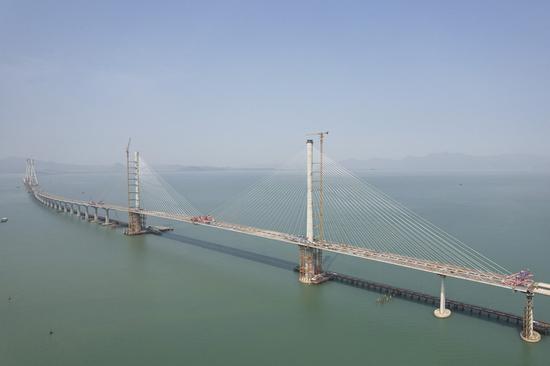



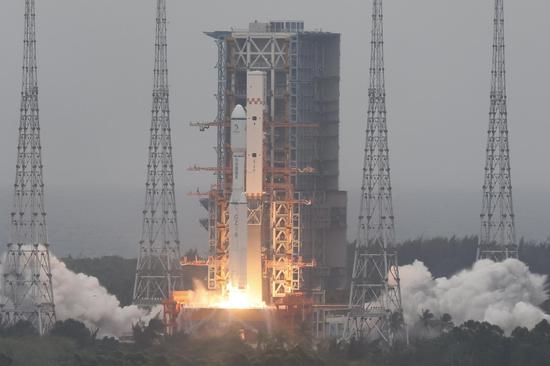

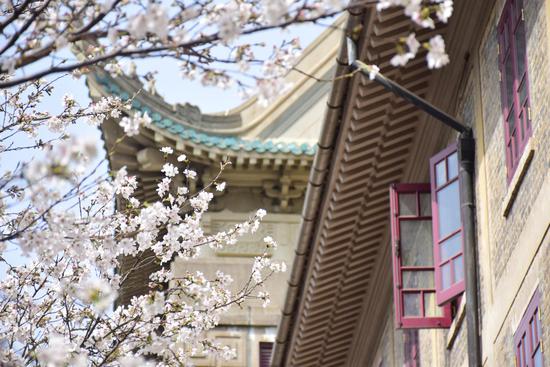
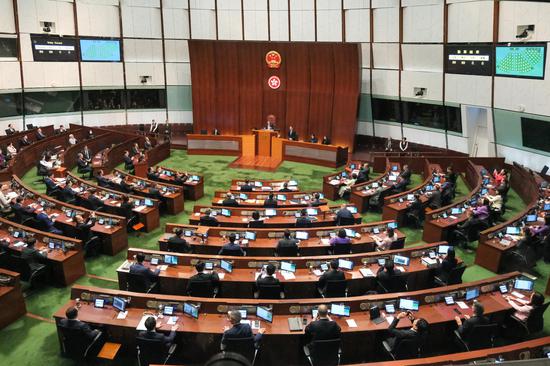

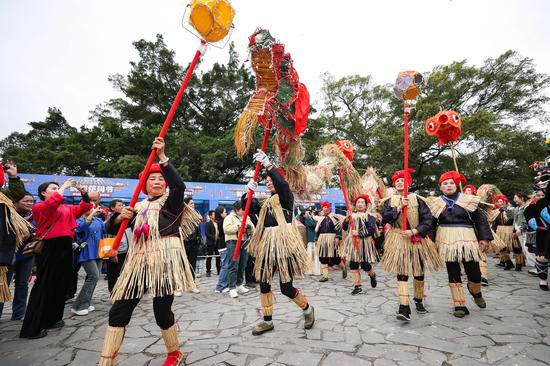


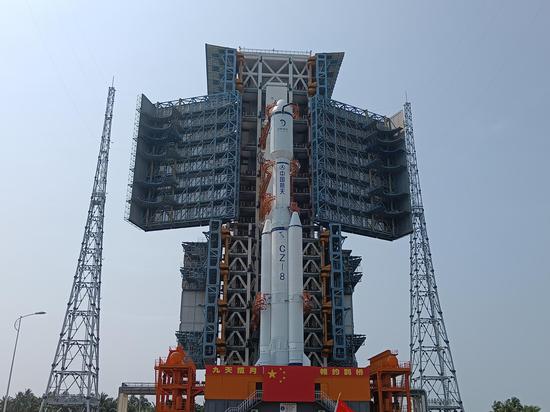
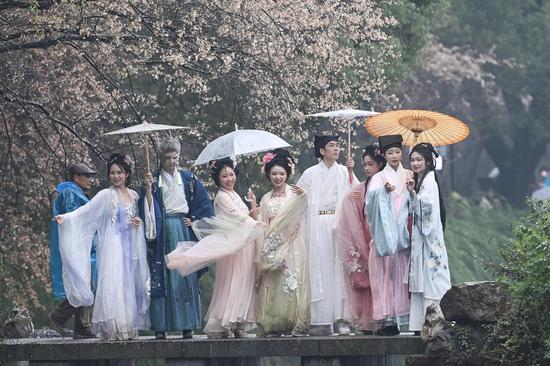
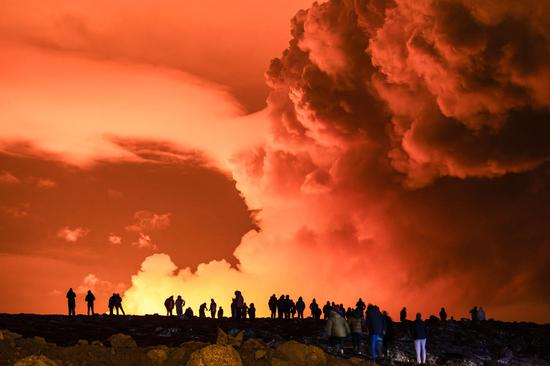



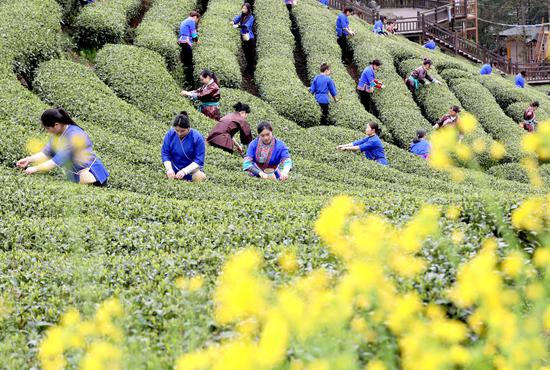
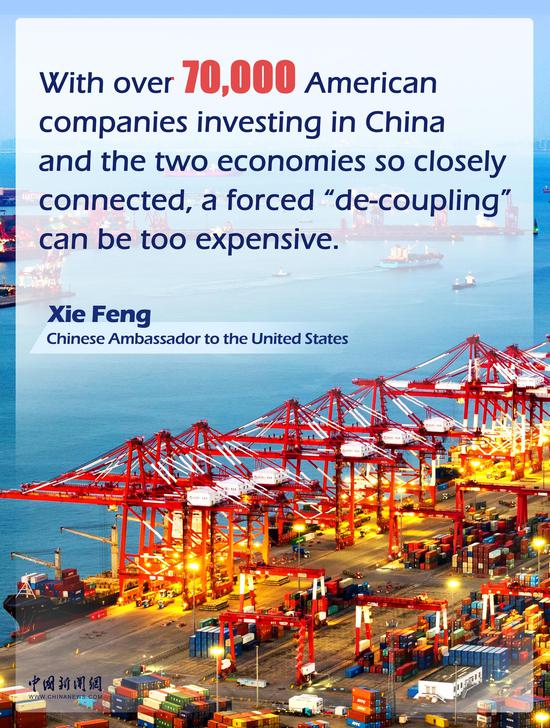





 京公网安备 11010202009201号
京公网安备 11010202009201号